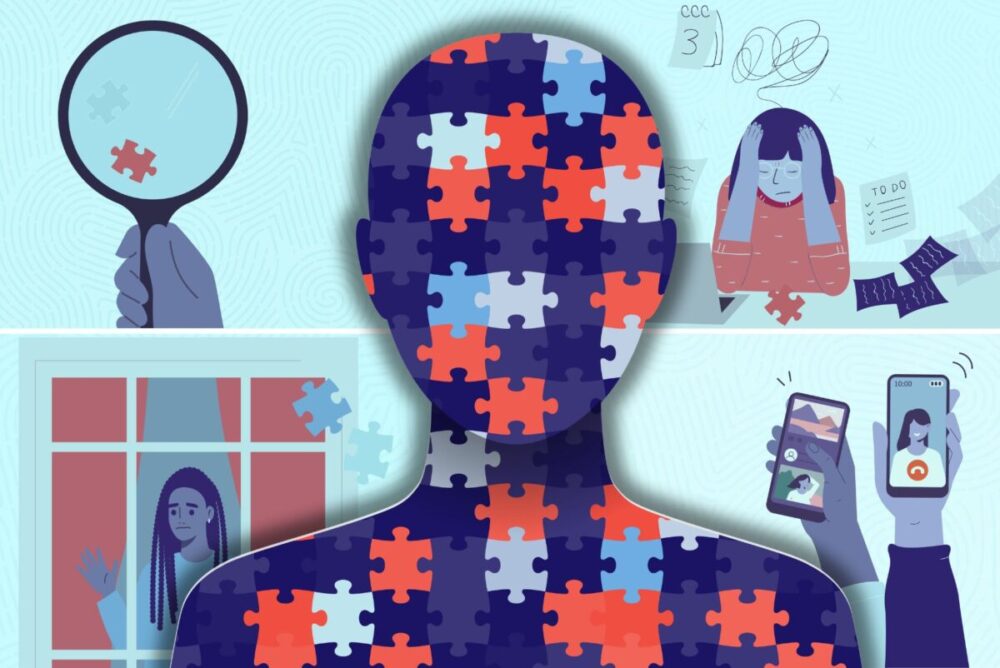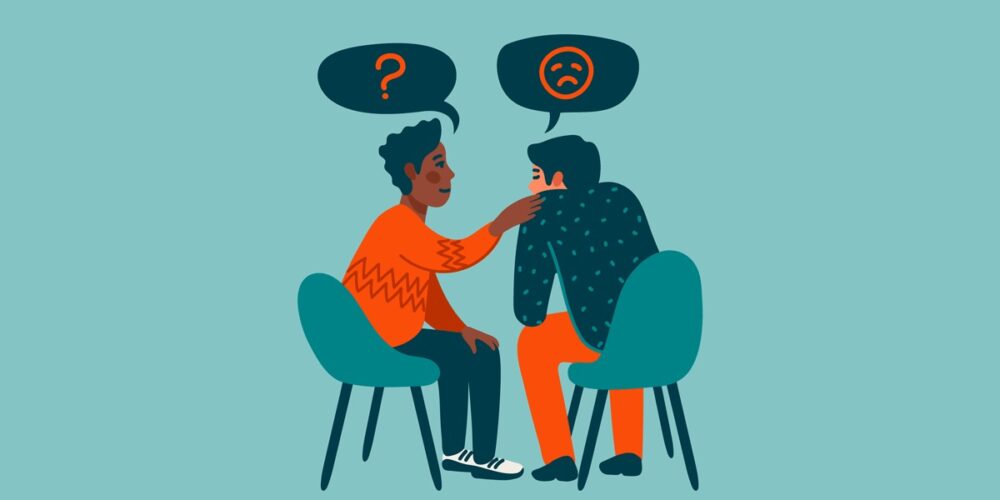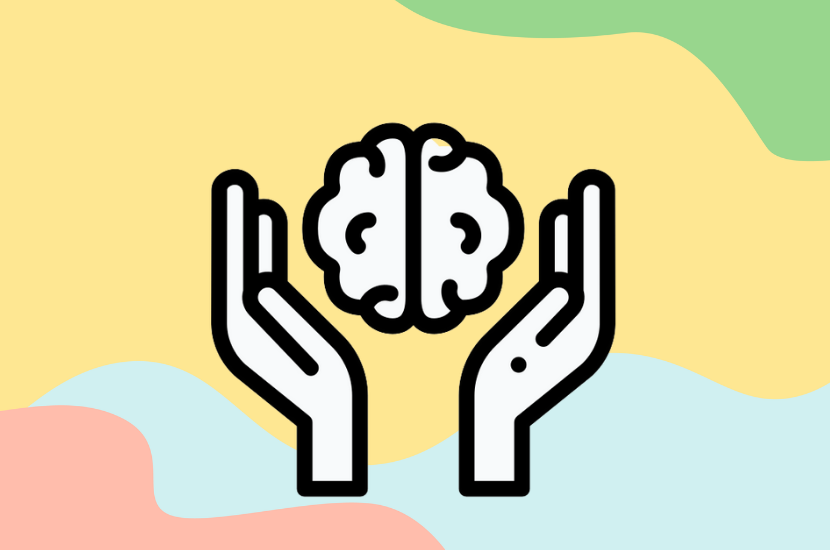Have you ever wondered why conversations about our minds are as common as discussions about physical fitness today? According to recent studies, approximately 76% of people globally recognize that emotional health directly affects physical outcomes. That shift in awareness is reshaping the way people think about living well.
Key Points:
- The mind-body connection is now a focal point in modern healthcare.
- Traditional approaches to health are evolving with a focus on emotional well-being.
- Community awareness and discussions are normalizing mental health topics.
- Innovative solutions like mindfulness and therapy apps are accessible.
- A balance of self-care and professional help is more encouraged than ever.
The Growing Public Awareness About Emotional Well-being

Source: edweek.org
Conversations about emotional well-being are no longer confined to therapists’ offices. They’re featured in the latest news, with platforms like ItsOnSiteTV shedding light on breakthroughs, societal shifts, and lived experiences. This increased visibility normalizes talking openly about challenges that were once kept hidden.
Public figures are playing a big role in breaking down the stigma. From athletes to actors, they share their personal experiences, showing that struggling is part of being human. As a result, more people feel encouraged to seek support instead of battling silently.
Modern medicine also recognizes how emotional struggles impact overall health. Chronic stress, for example, is now considered a significant risk factor for conditions like heart disease, digestive disorders, and even autoimmune diseases.
Why Emotional Care Is Just as Important as Physical Fitness

Source: elevateapp.com
The rise of emotional fitness is changing how people approach overall care. When the mind feels good, the body follows suit. Neglecting emotional needs, however, creates ripple effects that harm energy, focus, and physical health.
Stress doesn’t just create sleepless nights; it weakens the immune system and leads to long-term health conditions. For instance, cortisol, the hormone released during stress, can damage the body when it stays elevated for extended periods. This is why many experts are saying that emotional fitness routines, like mindfulness and therapy, should be as common as regular exercise.
People now include practices such as journaling, meditation, and even daily walks to build emotional strength. A calm mind often leads to better focus and clearer decisions, making it essential for both personal and professional success.
Technology’s Role in Changing the Game
Innovative solutions have put emotional health tools in everyone’s hands, making them part of daily routines. You no longer have to book an appointment or spend hours commuting to therapy to care for yourself.
Popular Innovations Supporting Emotional Health:
- Therapy Apps: Platforms like BetterHelp make connecting with therapists convenient and affordable.
- Mindfulness Apps: Tools like Calm and Headspace guide users through relaxation and meditation techniques.
- Wearables: Devices like Fitbit or Apple Watch monitor stress levels by tracking physical indicators.
- AI Chat Assistants: Non-judgmental spaces to talk, share feelings, or vent anonymously.
Technology removes barriers like cost, location, and stigma, allowing people to seek help wherever and whenever they need it. It’s not a replacement for professional care, but it serves as a powerful starting point.
Shifting Social Attitudes: Why It’s Okay Not to Be Okay
Emotional struggles are no longer seen as weaknesses. Schools, workplaces, and even family dynamics have adopted kinder and more supportive approaches.
Schools are teaching mindfulness exercises to help children navigate overwhelming emotions. Employers are offering counseling services to help their teams manage burnout and balance their workloads. Even casual conversations among friends often involve tips for stress relief or recommendations for self-care practices.
Society is beginning to understand that openly acknowledging emotional challenges can prevent long-term issues. Just like catching a cold early can stop it from turning into pneumonia, recognizing emotional struggles early often prevents more serious problems down the road.
The Importance of Balancing Self-Care and Professional Guidance

Source: linkedin.com
Not every issue requires professional intervention, but knowing when to prioritize self-care and when to seek expert help makes a difference.
When to Focus on Self-Care:
- Feeling stressed or mildly overwhelmed.
- Wanting to manage day-to-day challenges.
- Building emotional awareness and resilience.
When Professional Help Is Needed:
- Persistent sadness, anxiety, or lack of motivation.
- When relationships or work life start to suffer.
- Thoughts of self-harm or feeling out of control.
Self-care offers daily maintenance, while professional help targets deeper issues. Combining both creates a complete and sustainable approach.
Tips for Strengthening Emotional Resilience in Everyday Life
Building emotional resilience doesn’t require drastic changes. Small adjustments to daily habits can make a big difference over time.
5 Practical Tips for Resilience:
- Sleep Regularly: Aim for consistent rest to reset the mind.
- Gratitude Practices: Write three good moments each day.
- Stay Active: Physical movement improves mood naturally.
- Set Boundaries: Protect your energy by saying no.
- Digital Detox: Limit exposure to negative social media.
Creating an emotional safety net helps during challenging times and supports personal growth.
Community Support as a Pillar for Emotional Health
Strong communities provide the foundation for emotional healing. Support groups, workshops, and online forums are making connections easier for people of all ages.
For example, parenting groups offer advice for dealing with tantrums and sleepless nights, while veteran communities provide a safe space for those dealing with trauma. Even workplaces are recognizing the importance of peer support by creating mental well-being initiatives for employees.
Why Community Matters:
- Reduces loneliness and isolation.
- Fosters empathy and shared experiences.
- Offers guidance from those with similar challenges.
Whether online or in person, being part of a group helps people feel seen and understood.
How Diet and Exercise Influence Emotional Balance

Source: ezra.com
What you eat and how you move play surprising roles in emotional well-being. A balanced diet with nutrients like Omega-3s and B vitamins supports brain function and reduces mood swings. Physical activities, on the other hand, release endorphins, the body’s natural feel-good chemicals.
Simple actions, like swapping sugary snacks for nuts or walking for 20 minutes daily, can have profound effects on overall mood and focus. The connection between food, movement, and feelings is undeniable and worth paying attention to.
Fun Fact: Studies show that just 10 minutes of light exercise can boost mood for up to 12 hours!
Why Workplaces Must Evolve to Support Emotional Well-being
Work environments are finally waking up to the need for emotional care. Employees who feel supported emotionally are more productive, less likely to leave their jobs, and generally more engaged.
Many companies now offer wellness days, access to counseling, and even group therapy sessions during work hours. Open dialogues about struggles create healthier workplace cultures where people can thrive without fear of judgment.
What the Future Holds for Emotional Well-being

Source: scoonews.com
The emphasis on emotional care isn’t fading anytime soon. Governments, schools, and industries are investing in long-term solutions to make resources accessible to everyone. Schools are integrating emotional health lessons into core curriculums, and governments are allocating budgets to train more counselors.
Even insurance companies are starting to recognize the value of covering emotional health treatments. Broader access to care will undoubtedly lead to better societal outcomes in the years ahead.
Final Thoughts
Conversations about emotional health have shifted from taboo to mainstream, changing the way people approach living well. Solutions are now within reach, whether through self-care, professional support, or community initiatives. Society is learning that prioritizing emotional balance isn’t a luxury—it’s a necessity.
The question is no longer why emotional health matters, but how you can make it a core part of your daily life.





















